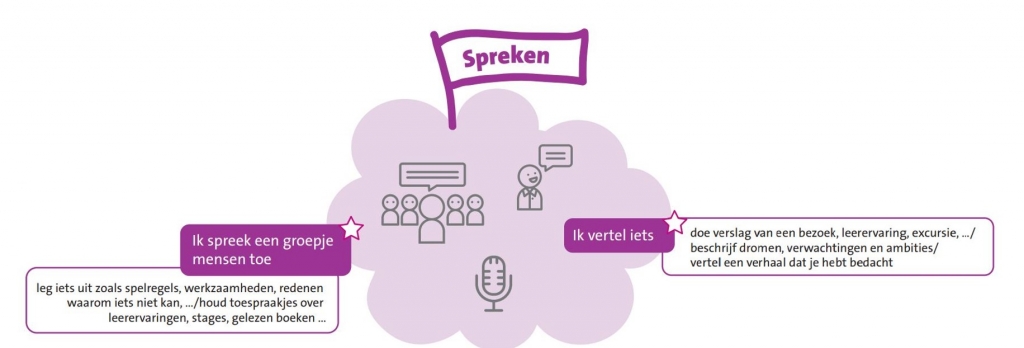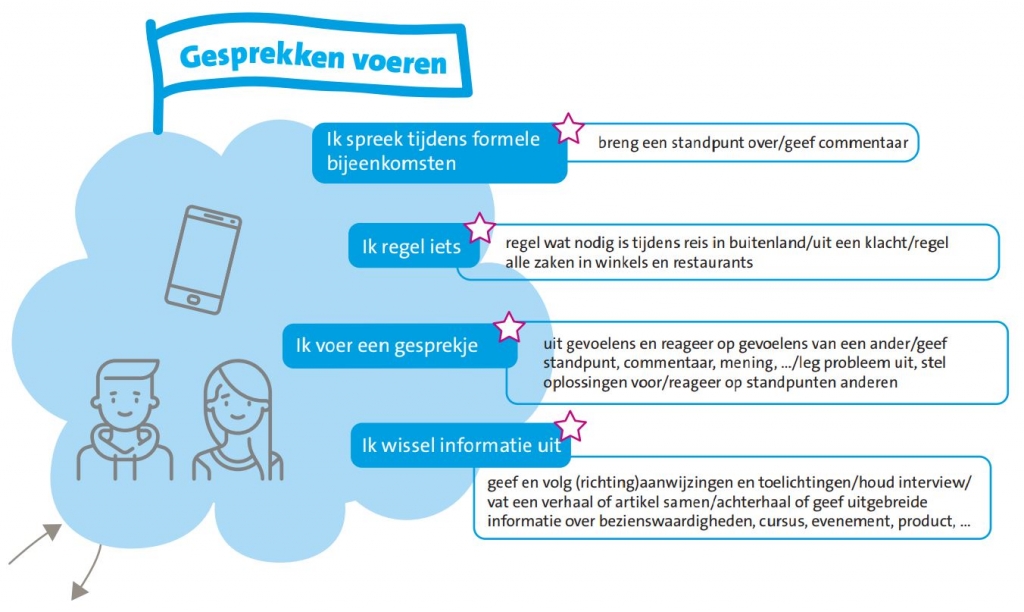Het arrangement B2 - Learning Objectives is gemaakt met Wikiwijs van Kennisnet. Wikiwijs is hét onderwijsplatform waar je leermiddelen zoekt, maakt en deelt.
- Auteur
- Laatst gewijzigd
- 01-09-2023 11:50:42
- Licentie
-
Dit lesmateriaal is gepubliceerd onder de Creative Commons Naamsvermelding 4.0 Internationale licentie. Dit houdt in dat je onder de voorwaarde van naamsvermelding vrij bent om:
- het werk te delen - te kopiëren, te verspreiden en door te geven via elk medium of bestandsformaat
- het werk te bewerken - te remixen, te veranderen en afgeleide werken te maken
- voor alle doeleinden, inclusief commerciële doeleinden.
Meer informatie over de CC Naamsvermelding 4.0 Internationale licentie.
Aanvullende informatie over dit lesmateriaal
Van dit lesmateriaal is de volgende aanvullende informatie beschikbaar:
- Toelichting
- B2 - Engels
- Eindgebruiker
- leerling/student
- Moeilijkheidsgraad
- gemiddeld
- Studiebelasting
- 4 uur 0 minuten


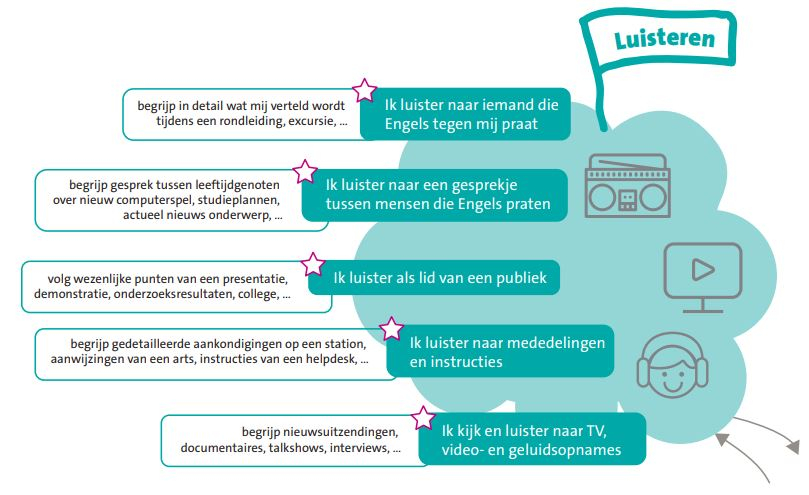
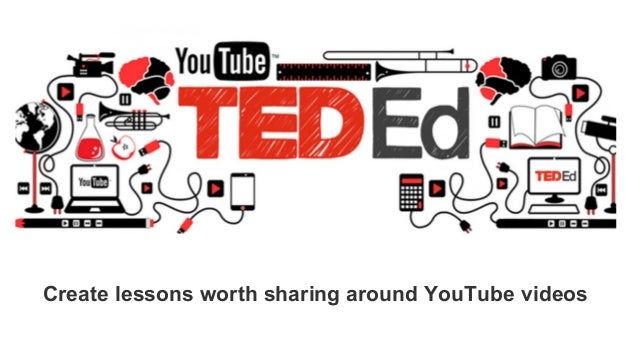
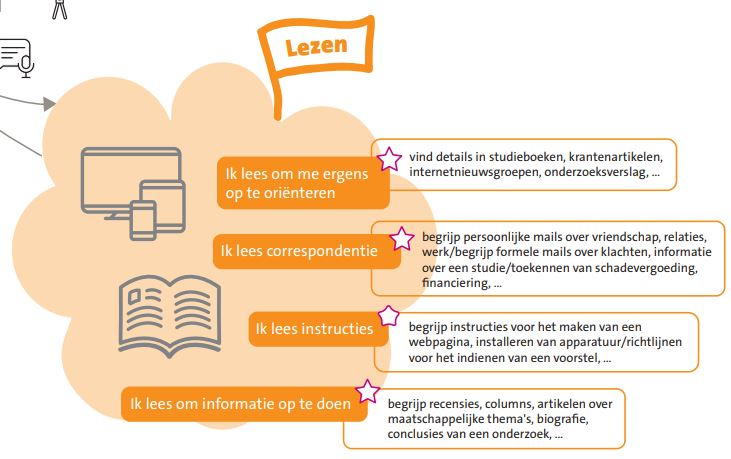

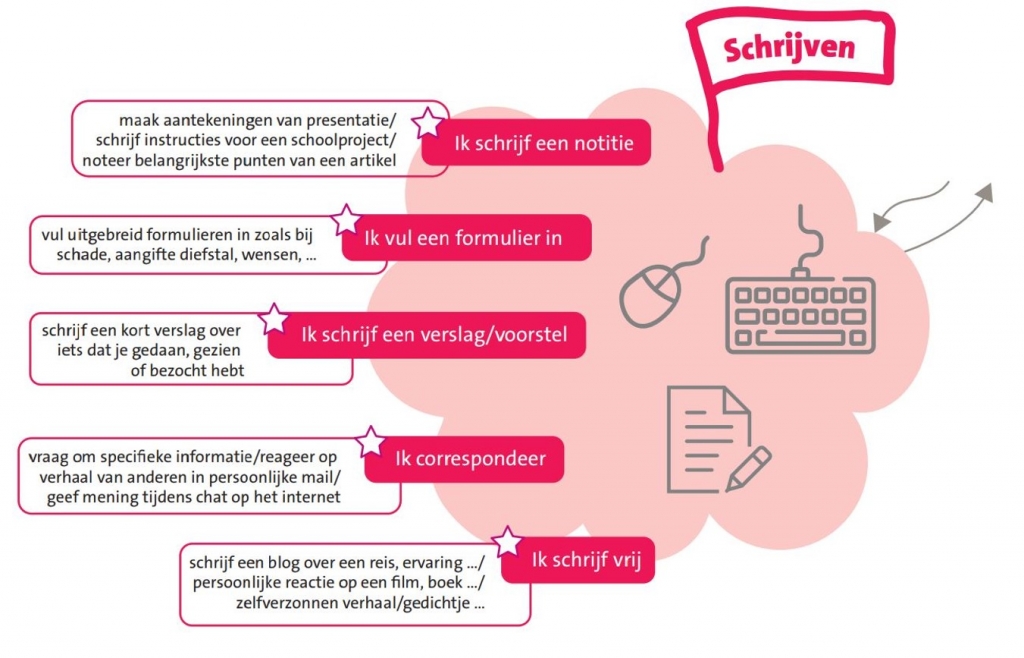








 Afgelopen weekend vierde je je 16e verjaardag. Je had je beste vrienden uitgenodigd, en s ’avonds voor iedereen pizza’s gekocht bij Domino’s Pizza, locatie Korvel, Tilburg. Echter, er was ontzettend veel mis met de bestelling: van de 10 pizza’s waren er vier koud, op de pizza salami zat maar 1 plakje salami, op een pizza zat geen kaas, en bij een pizza was er één punt opgegeten en de korst overgelaten. Toen je belde om te klagen kreeg je te horen dat ze niets voor je konden doen. Het hele gebeuren drukte zo de sfeer dat iedereen naar huis is gegaan uit teleurstelling, en je verjaardag meteen over was. Je hebt besloten om een klachtenbrief te schrijven naar het hoofdkantoor. In
Afgelopen weekend vierde je je 16e verjaardag. Je had je beste vrienden uitgenodigd, en s ’avonds voor iedereen pizza’s gekocht bij Domino’s Pizza, locatie Korvel, Tilburg. Echter, er was ontzettend veel mis met de bestelling: van de 10 pizza’s waren er vier koud, op de pizza salami zat maar 1 plakje salami, op een pizza zat geen kaas, en bij een pizza was er één punt opgegeten en de korst overgelaten. Toen je belde om te klagen kreeg je te horen dat ze niets voor je konden doen. Het hele gebeuren drukte zo de sfeer dat iedereen naar huis is gegaan uit teleurstelling, en je verjaardag meteen over was. Je hebt besloten om een klachtenbrief te schrijven naar het hoofdkantoor. In 

